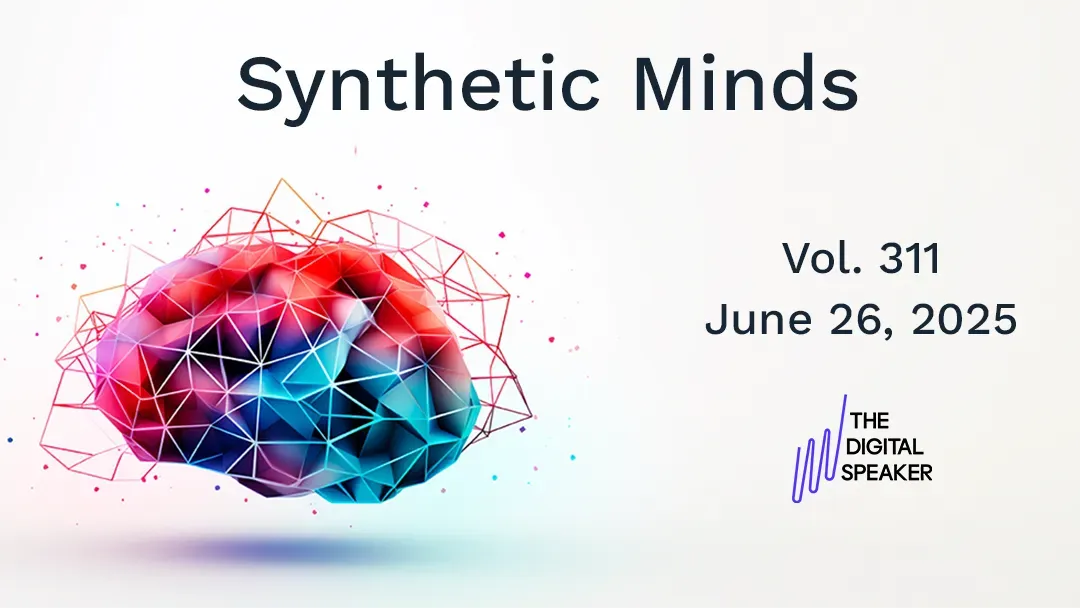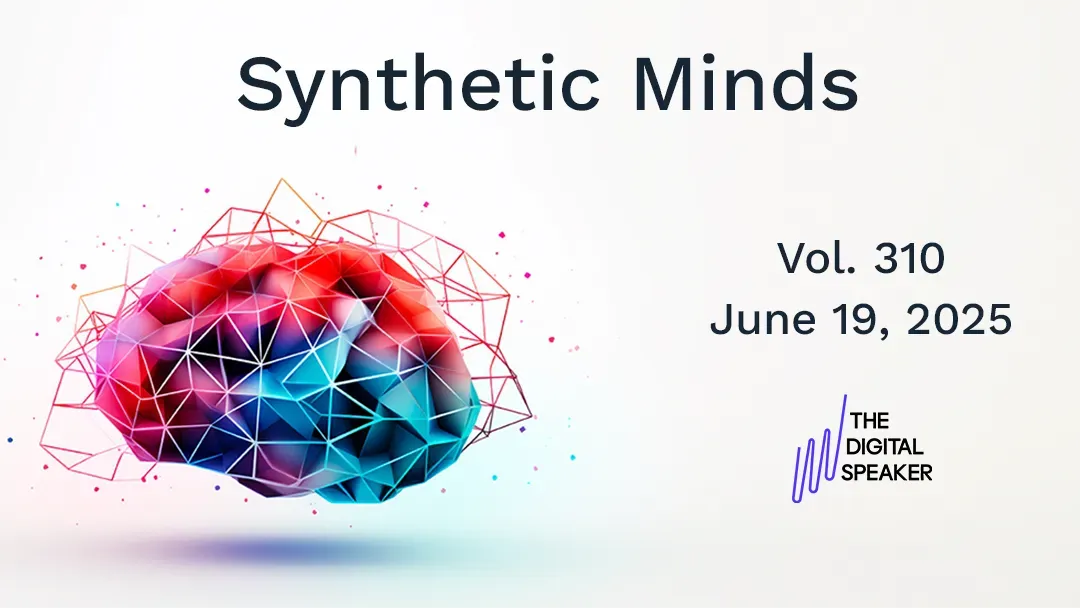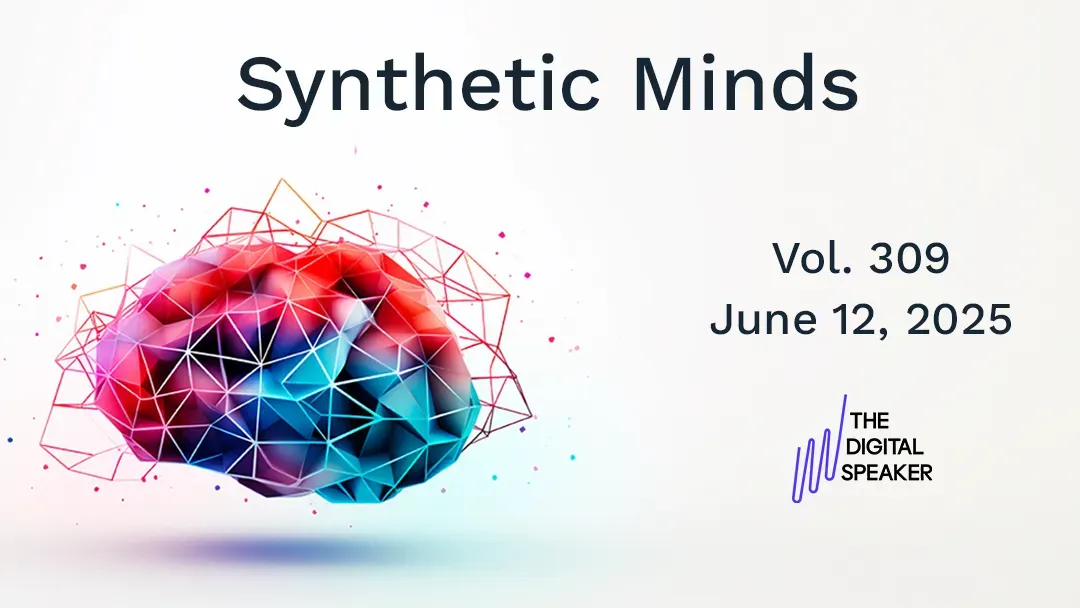7 Guidelines to Ensure Ethical AI
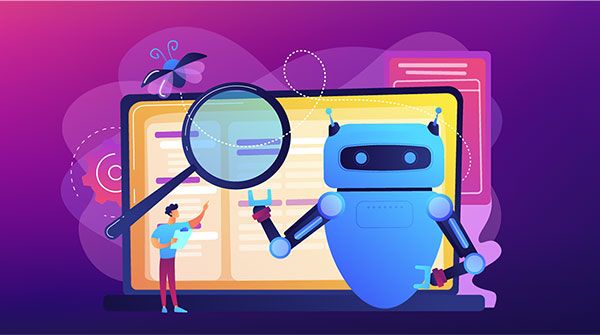
Good Day! This is my weekly newsletter, with a dose of insights into the future. The topic of this newsletter is the exponential times we live in, hence the title of f(x) = e^x, which is the (natural) exponential function.
Recently, I launched my new concept The Digital Speaker and you can now book me as an avatar or hologram. Also, my tech trend prediction for 2021 is out, read it here!
Seven Guidelines to Ensure Ethical AI
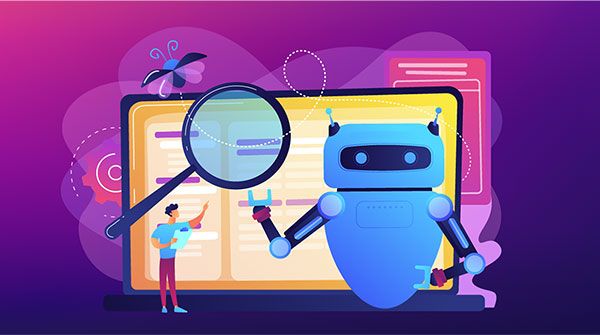
My latest article:
With the attention for AI growing, also the call for ethical AI is growing. This is not surprising seeing the many problems we have encountered already. In 2016, Cathy O’Neil already pointed out, in her book Weapons of Math Destruction, the problems that can arise when we rely too much on unaccountable AI. Now, the EU has released seven guidelines for ethical AI. The objective of these guidelines is to create ethical AI that is lawful, trustworthy and robust.
Three Useful Nuggets of Information
My weekly tips from around the web to get you thinking.
1. Something new in crypto: get paid to watch ads.
Brave - the privacy-focused internet browser - aims to change how we deal with ads while ensuring users’ privacy. Now, they will pay users in BAT tokens if they agree to receive ads. This could result in up to US$ 5 per month. (Wired)
2. Can AI compose music?
OpenAI launched a deep neural network that can generate 4-minute musical compositions with 10 different instruments. By simply giving the AI a few notes, it can come up with new work. But the question that arises is whether this is art or not? (OpenAI)
3. 5G is coming, but will it make us happy?
5G seems to have enormous potential, by connecting billions of devices to each other, creating the internet of things. However, it will also be especially susceptible to cyber attacks and surveillance that could significantly disrupt our society. (New Yorker)


